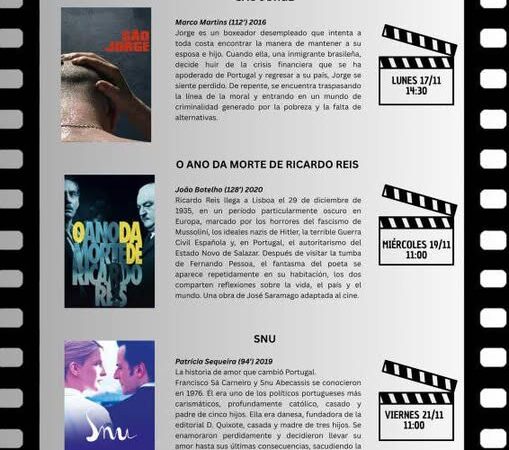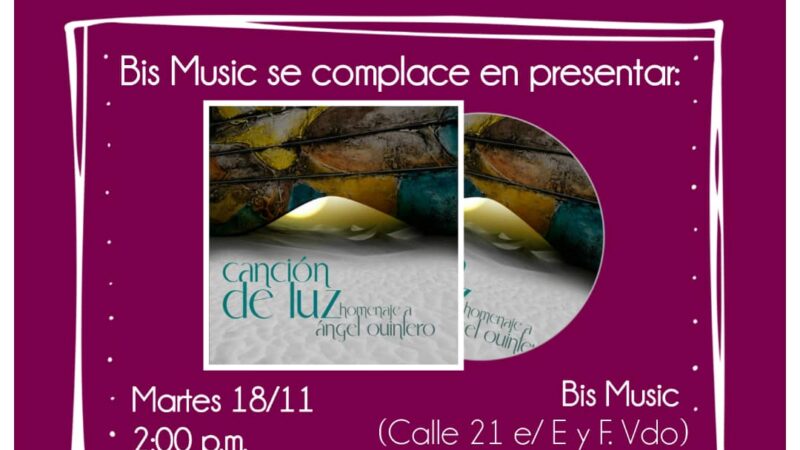For our identity and culture: 25 years of the Leyenda Folk folklore group
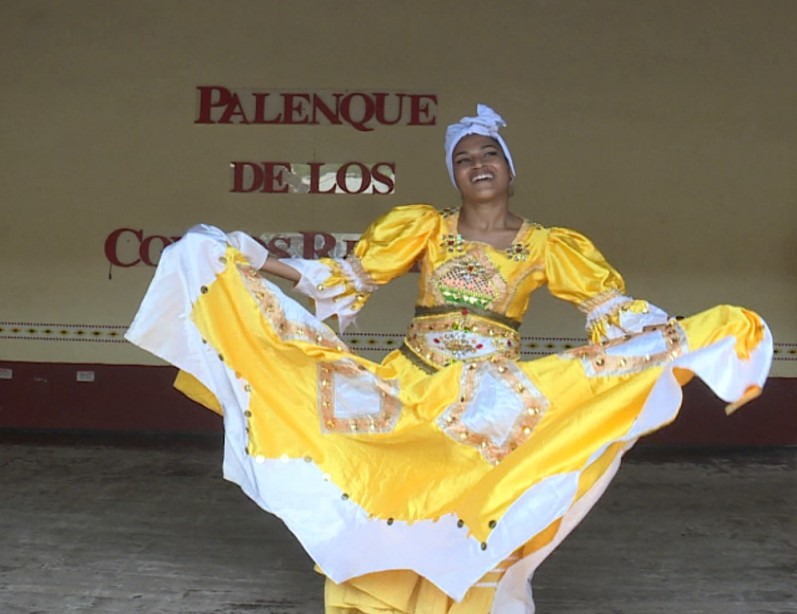
At the end of the 20th century, Renato Arrechea Bastida had the idea of creating a group dedicated to art and culture. African roots and ballet were the ideal combination to keep the new generations away from the crooked paths of the Special Period, at a time when perfect candidates were emerging.
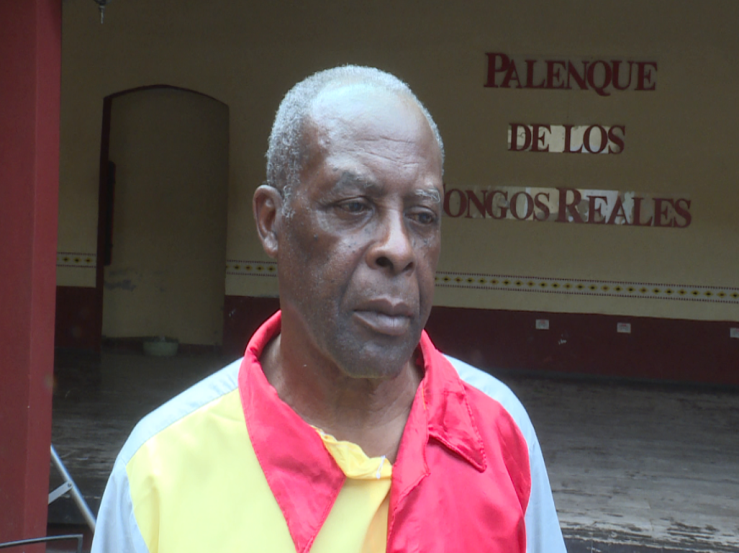
Professor Arrechea Bastida says that what was done was a process of bringing young people into the classroom to understand and grasp the need for man to improve himself, to change, to implement the policy that Commander-in-Chief Fidel Castro Ruz called «the massification of culture».
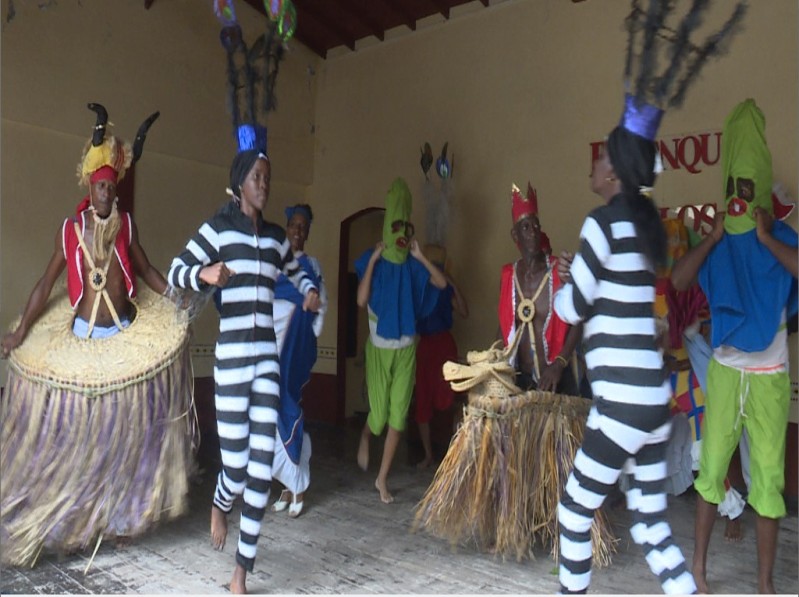
On 13 August 1999, a work was born in Trinidad that, 25 years later, remains a tribute to the historic leader of the Cuban Revolution, to the Province of Sancti Spiritus and to African heritage. The Conjunto Folklorico Leyenda Folk already has a place in posterity, with the impetus of those who never give up.
Thanks to the development that each member has achieved through dance, we have been able to create an ensemble with professional characteristics. In 2007, we were evaluated and became part of the National Council for the Performing Arts and the Cultural System in particular,’ recalls the founder and director of the only dance company in the catalogue of the Performing Arts of the Province of Sancti Spiritus.
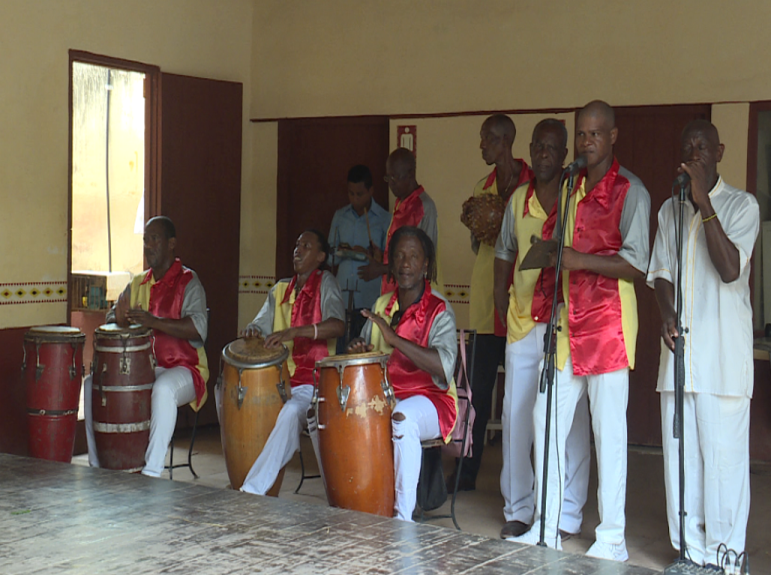
Between dancers and musicians, there are 36 members of this group that defends an essential part of popular culture in Cuba. In each performance, the rhythms achieved live enrich the dance, which puts its stamp on choreographies that preserve Yoruba, Lucumí, Mandinga expressions…
In Leyenda Folk’s more than two-decade history, the 2017 merger with the sixty-year-old Conjunto Folklorico de Trinidad is one of the most significant. The latter was founded on 14 February 1963 by Amador Ramírez González, an art teacher and expert in African culture. This historic association has resulted in interesting proposals that are kept in the Palenque de los Congos Reales, its headquarters in the Museum City of the Caribbean.
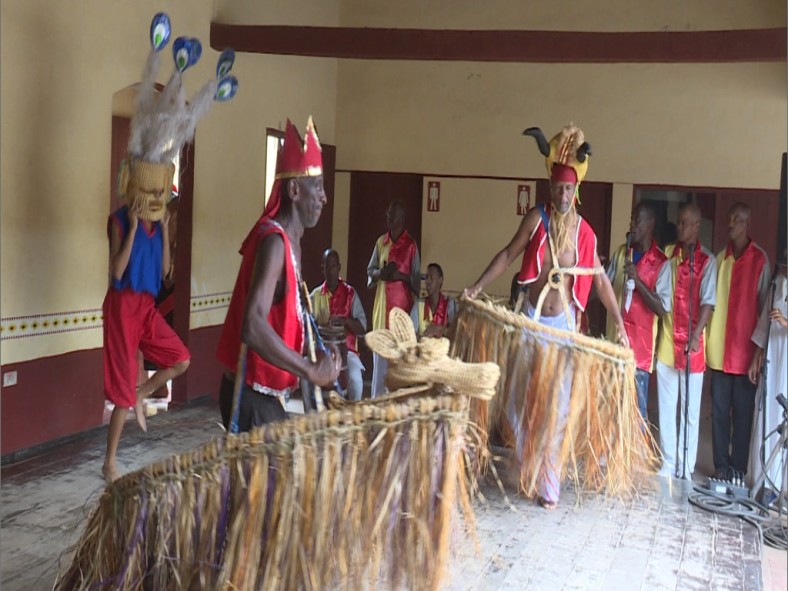
In the process of maturing and consolidating, the group has placed its melodies as protagonists of audiovisuals in Puerto Rico, Brazil and China. Within the national territory, the best exchanges have taken place in provinces such as Holguín and Ciego de Ávila, and the band’s projection is to continue growing on other stages and in the spaces yet to be conquered within the territory where they perform on a daily basis.
This is the origin of Cuban music, this is the origin of the rumba, this is the origin of the son; and without this music there is nothing, there is nothing in Cuba», concludes Renato, a faithful defender of traditional popular culture, father to dozens of artists who also create to preserve the sacred places of our identity.
Translated by Luis E. Amador Dominguez


